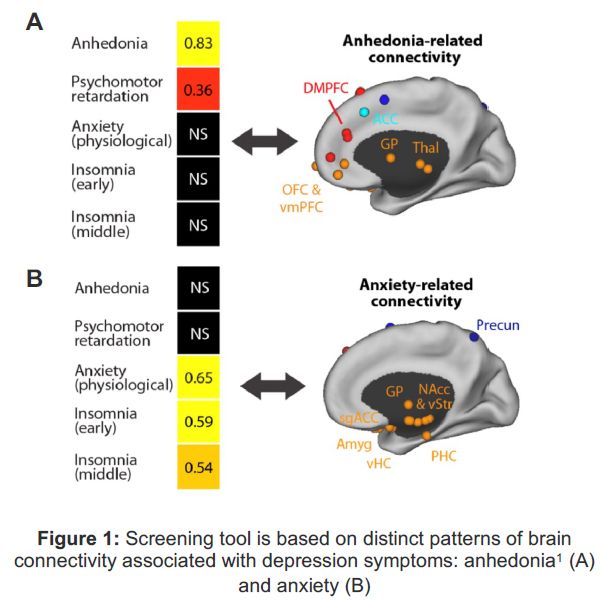Principal Investigator:
Conor Liston, Professor of Psychiatry
Background & Unmet Need
- The COVID-19 pandemic put an extreme burden on frontline healthcare workers: recent data suggests that nearly half of them are at risk of developing clinically significant psychiatric symptoms
- It is unclear how mood, anxiety, and trauma symptoms develop over time and why some individuals are affected, while others exposed to the same stressors and traumas are spared
- Most studies and monitoring tools rely solely on self-reported assessments of mood, anxiety, and trauma, and are noisy and subjective
- Identifying modifiable risk factors could help support healthcare workers and other at-risk populations and design effective interventions
- Unmet Need: Tools for healthcare workers and other people at risk for adverse psychiatric outcomes to monitor their mental health and access convenient treatment options
Technology Overview
- The Technology: An efficient, easy-to-use online tool that objectively measures mood, anxiety, and trauma symptoms, provides immediate feedback to participants, allows tracking mental health over time, and connects users with existing mental health resources
- The START tool was developed using novel machine learning methods and a large dataset of fMRI scans of >1,200 patients with mood and anxiety disorders
- Self-reported clinical symptoms are denoised using a proprietary method and projected into a low-dimensional space constrained by brain biology, producing quantitative scores reliably quantifying mood-related brain circuit functions
- PoC Data: In a pilot study, implementation of START led to a significant increase (>2x) in utilization of urgent counseling services, leading to numerous referrals
Technology Applications
- Monitoring mental health state of healthcare workers and other at-risk populations
- Connecting at-risk individuals to treatment resources
- Personalized cognitive behavioral therapy in conjunction with digital mental health apps
- Providing measurable psychiatric endpoints in clinical trials for drug development
- Studying psychiatric symptoms in large populations
Technology Advantages
- Instant, easily understood feedback and psychiatric scores on mood, anxiety, sleep, stress, trauma, and burnout risk
- Symptom scores can be tracked over time
- Questions are adaptively selected to generate reliable validated scores in the shortest time
- Data is denoised using proprietary machine learning algorithms, making predictions more reliable

Publications
Resources
Intellectual Property
Patents
- Copyrighted
Cornell Reference
- 9771
Contact Information

For additional information please contact
Louise Sarup
Associate Director, Business Development and Licensing
Phone: (646) 825-3932
Email: lss248@cornell.edu

